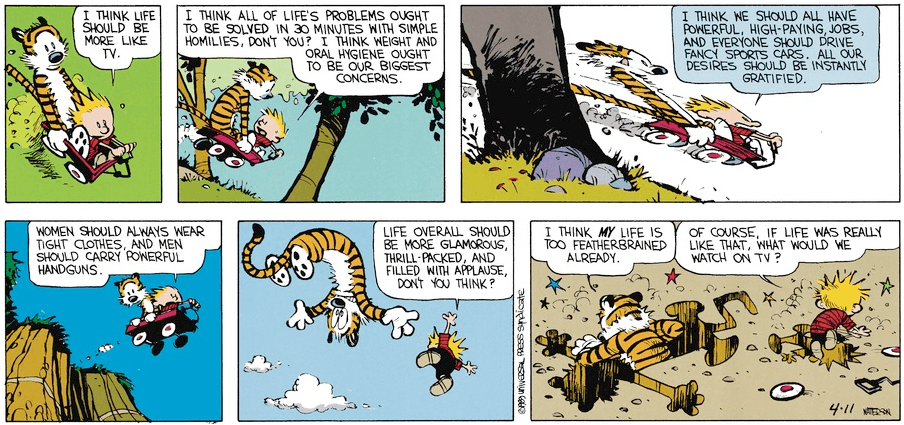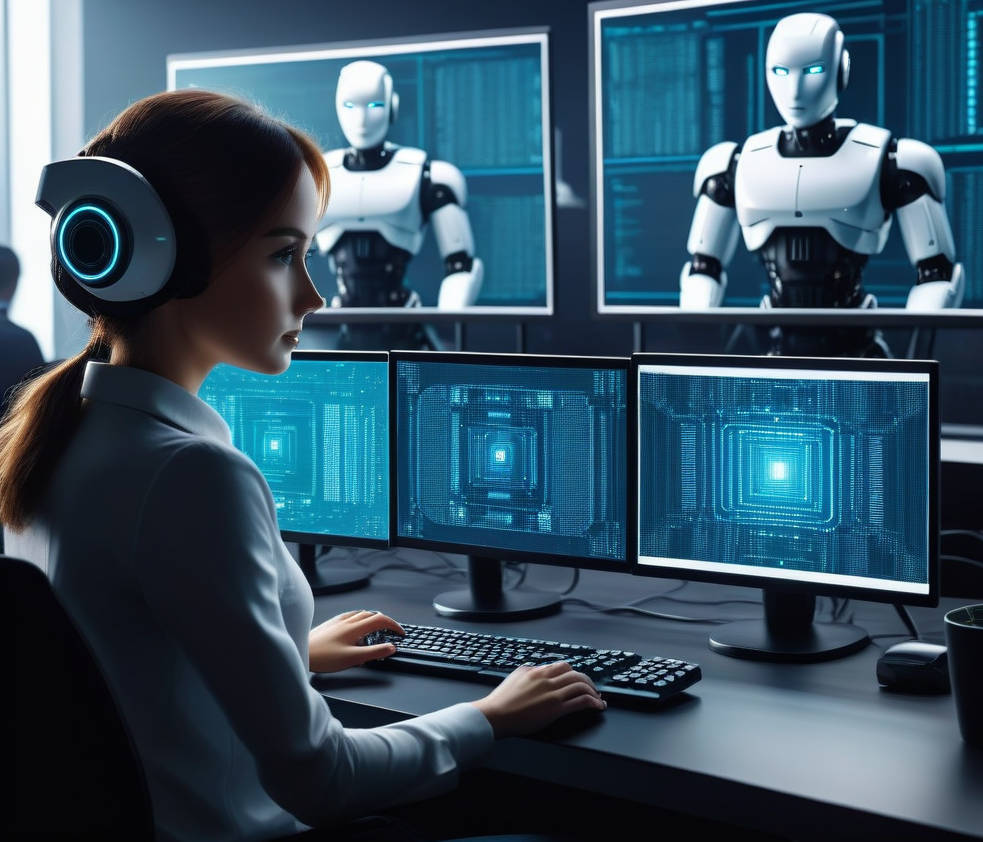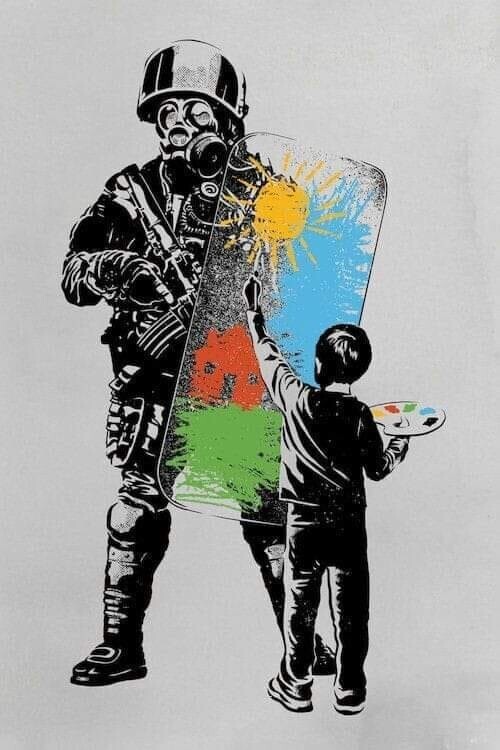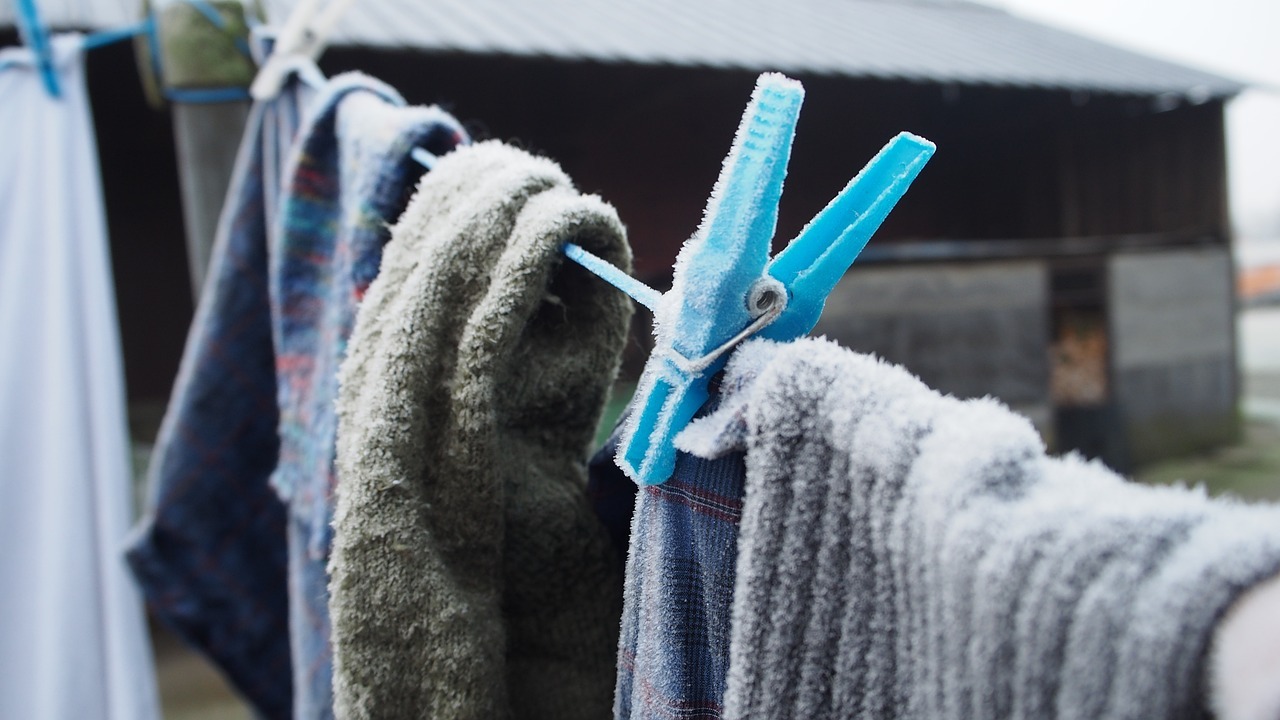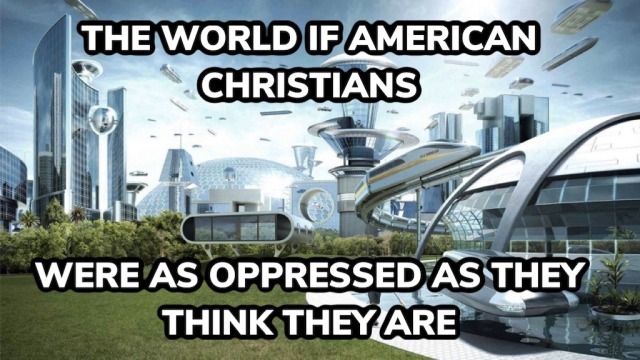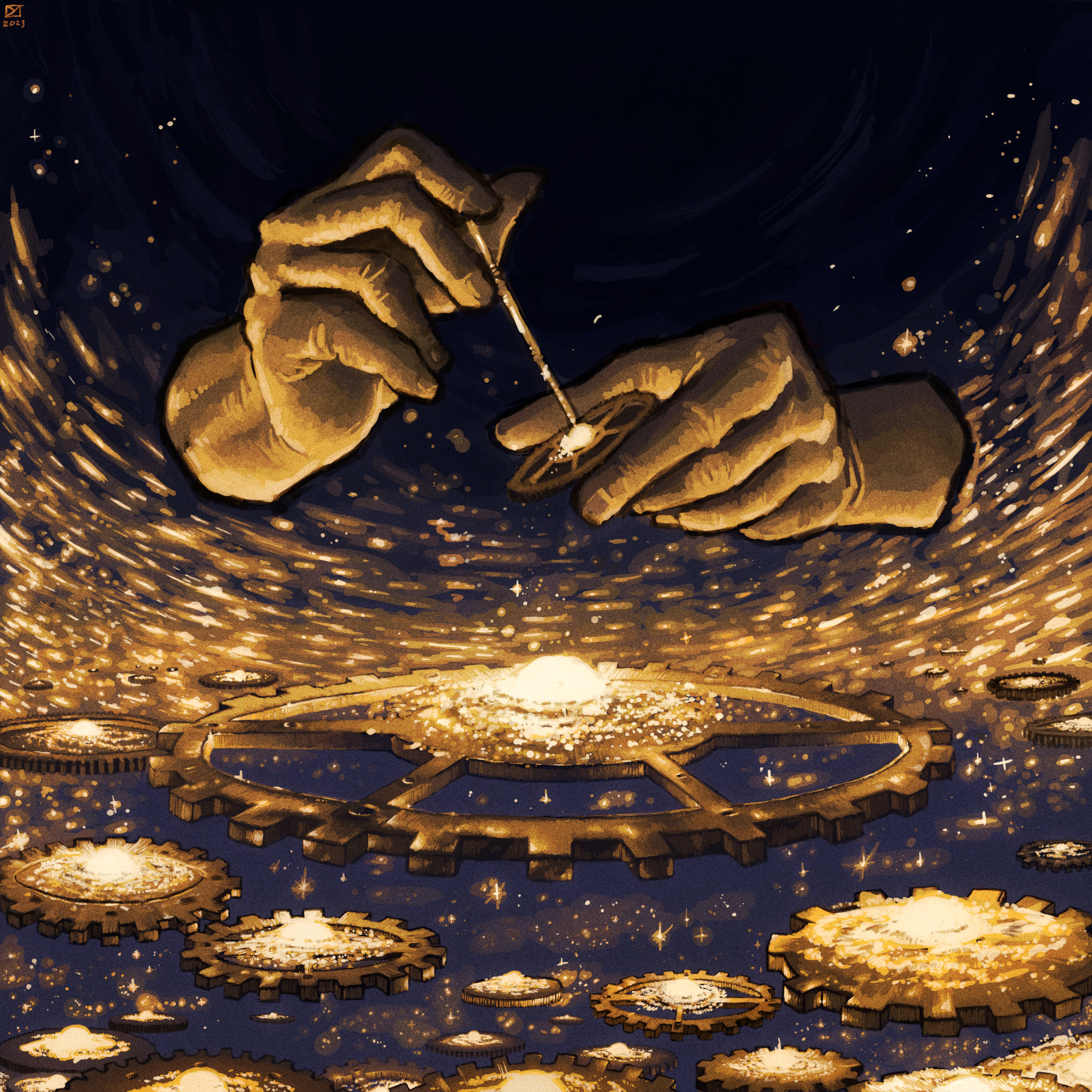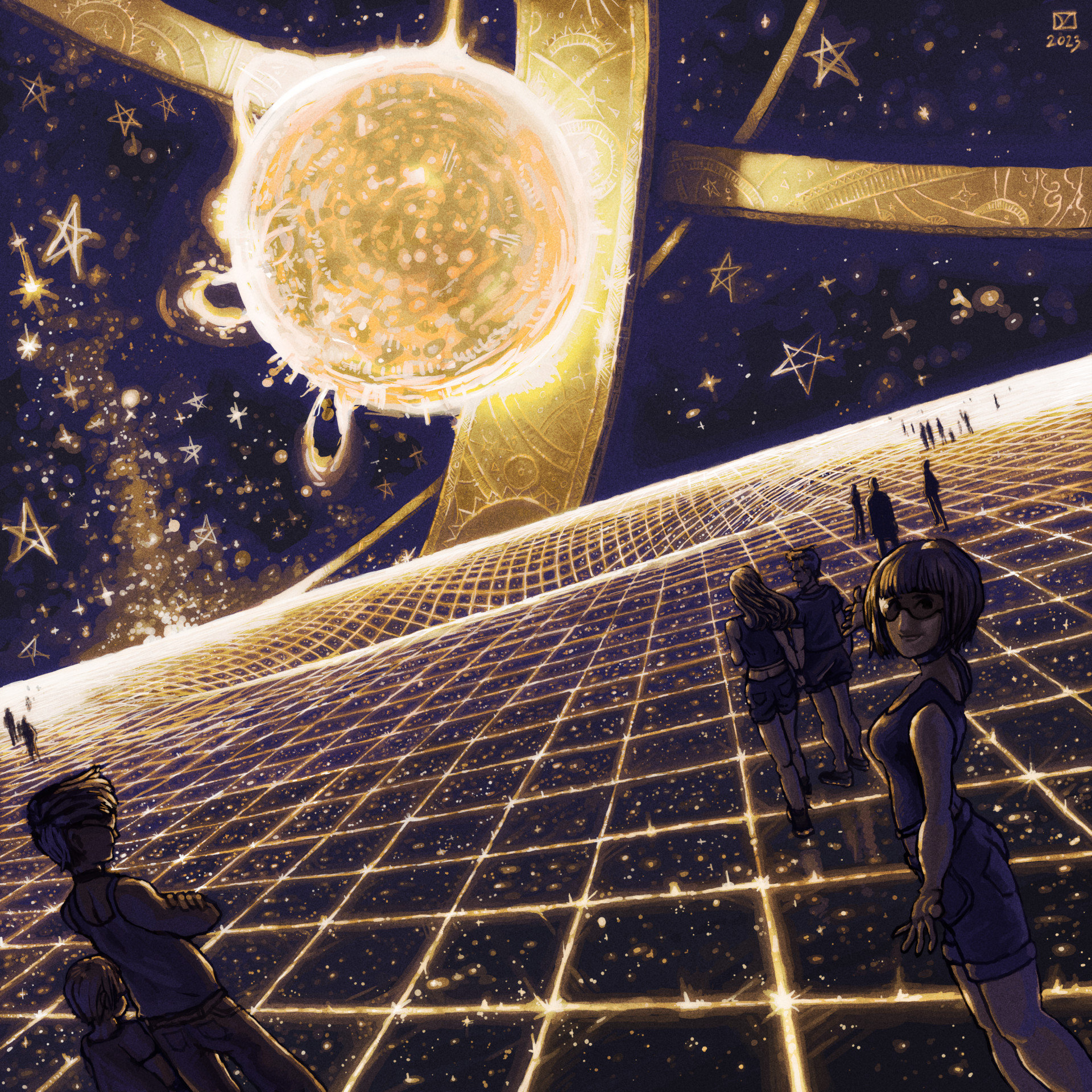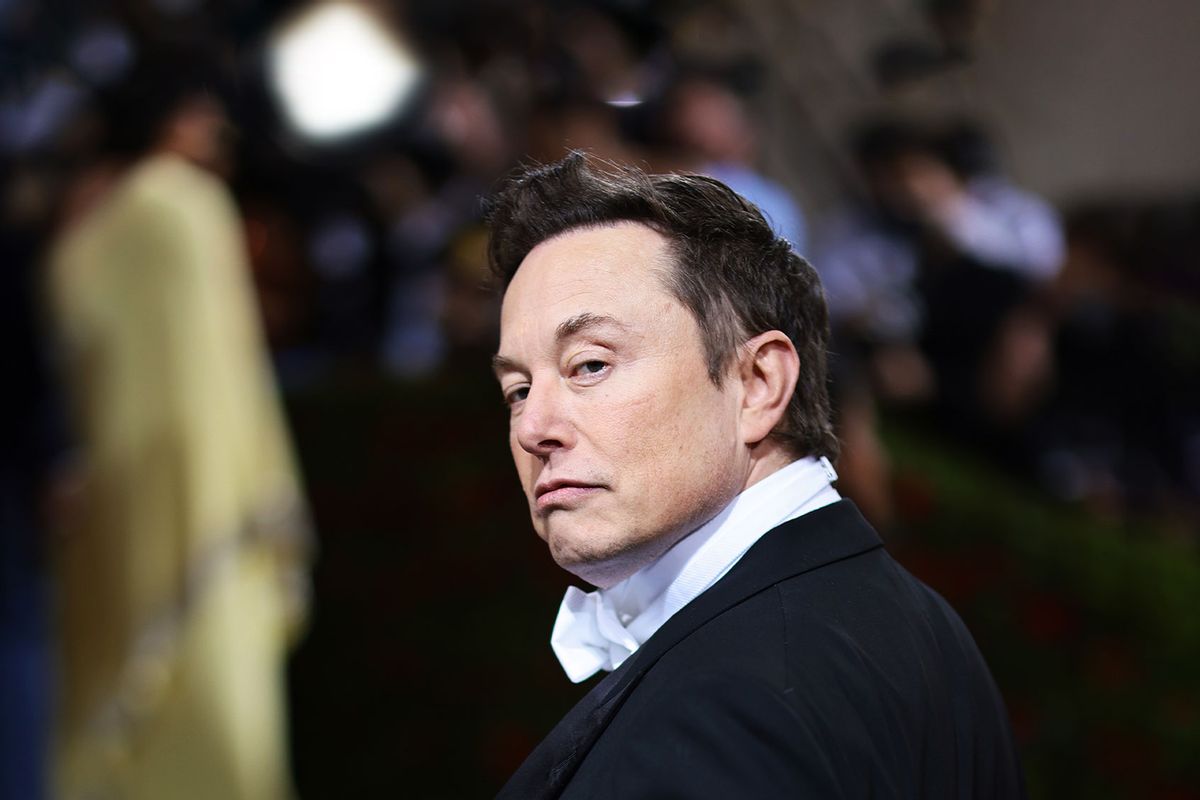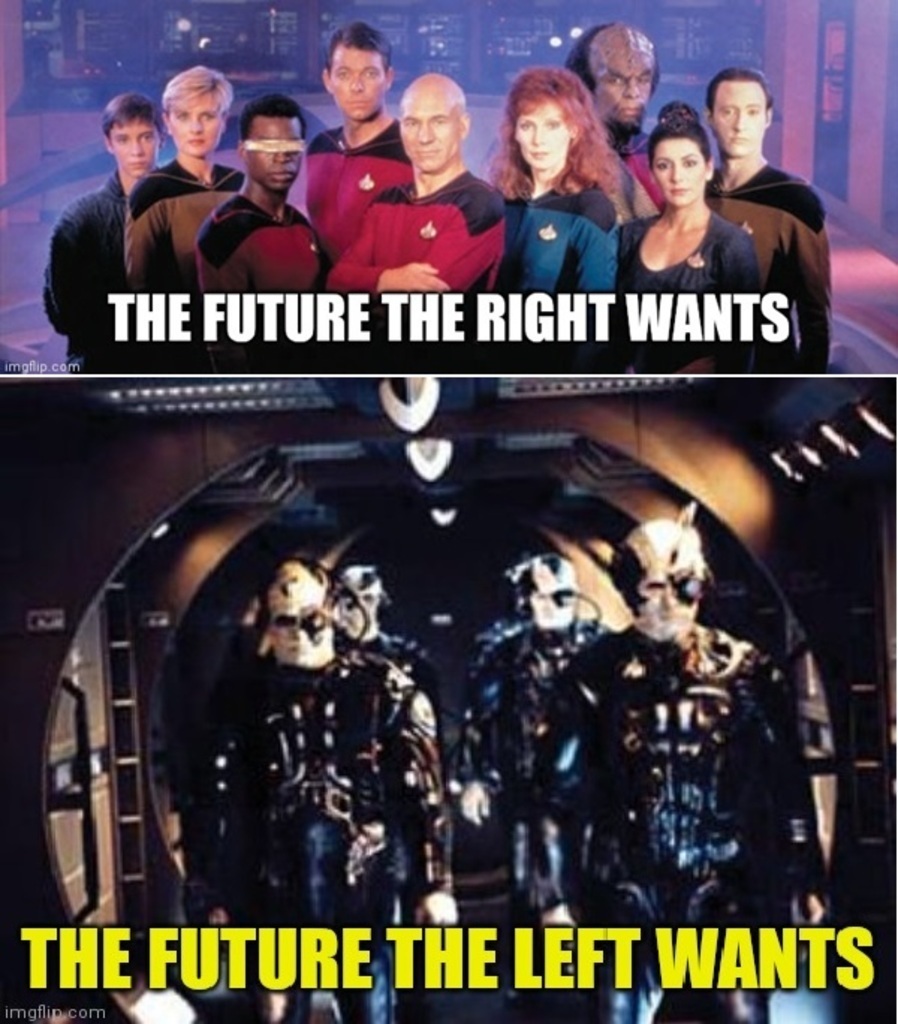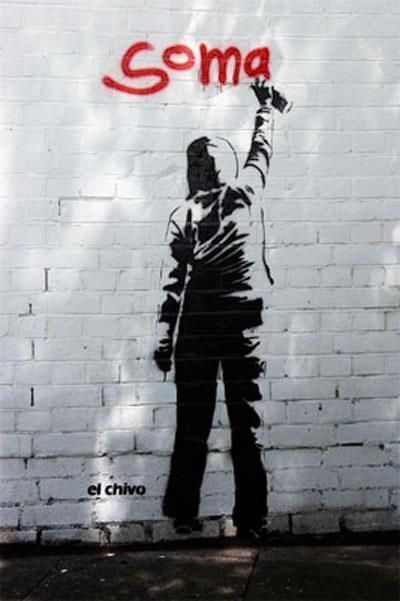A common response to progressive or utopian ideas is "That's not realistic." Witting or not, the "realism" underlying this perspective is a crucial strategy for protecting the power of the powerful. In our modern capitalist society, realism protects the power of the plutocratic overclass, the small minority of the population that controls a disproportionate amount of the wealth, and thereby comes to dominate and profit from more and more aspects of our society and everyday lives. And if "realism" does THAT, I think people who believe in democracy will agree that realism bites.
The realist, in any given society, is expressing the "common sense" that keeps the powers that be in power. On what authority is there a limit on what humans working together could possibly do? The "authority" is ultimately a restriction of imagination cultivated by the forces of societal inertia and power protection. Restricted imagination is the flip side of an unquestioning faith that the way we are now, or could be with some key reforms, is pretty much all we can be. Together, restricted imagination and naive faith create the delusion that we are not free, that we are pre-limited in what we can possibly do. So it's really perfectly obvious that "realism" functions to protect the authority of the status quo; anything that would challenge the arrangements by which the powerful wield power is to be considered impossible, unimaginable, not "realistic." Realism draws a line in the sand and says we are not free to cross it. That's authoritarianism!
(Another point worth noting about the "that's not realistic" response is that by changing the focus of the issue from 'what would be better' to 'what is possible,' the realist is effectively conceding that the "unrealistic" idea proposed would be an improvement if it was "realistic." Either that or he's obscuring, perhaps unintentionally, a deeper, more profound question of the morality of our politics and society and everyday life. [The question being whether the way we are now is the best way to be, or whether there are other, perhaps radically different ways we could be and survive and have better, more free and responsible lives.])
By purporting to put a boundary at the limits of the possible, "realism" plays a significant role in maintaining our unfree way of life in which a vast majority of the people are trapped as credit-serfs and wage-slaves in a dead-end, materialistic, authoritarian society, ruled by a plutocratic overclass that is trashing the globe and treats the vast majority as resources for wealth extraction and power concentration (rather than as human beings equally deserving of using their freedom and power to think, talk, and work with others to organize their societies and lives as they best see fit in voluntarily-associating groups of like-minded people). (It seems indisputable that the plutocratic overclass doesn't treat the majority of citizens the way the golden rule demands; in other words, the plutocratic overclass does not act in accord with the basic principles of morality and democracy.)
Whatever is defining a boundary of "realism" is exactly what needs to be exorcised, uprooted, critiqued, and rejected in favor of freedom over authority. In a free society, there will be no distinction between realism and idealism, and people will intentionally avoid being tied down by status quo concepts of what is possible.
Once you see that your sense of what is realistic is a product and captive of the powers that be, you are free to move on. And only by freeing your sense of the possible, understanding that our way of life is just one of innumerable possible ways of organizing human life, can you see your way back to the clearing from which all possible paths, including true democracy, start.
[Afterpoint 1: Is there any good reason for people who believe in democracy to fight with the plutocrats and their spitlickles over the boundary of what is "realistic"? Instead, maybe we should accept the boundary they lay down and then move to other side! Leave them behind in the only reality we democracy-believers will define as not possible: the status quo reality where we are serfs and slaves in an authoritarian society run by and for a plutocratic ruling class!]
[Afterpoint 2: Sometimes people appeal to "human nature" as some sort of realism block on the human ability to create better societies. It is important to recognize that appeals to human nature are not really argument – whatever someone means by human nature is only his "faith" that humans are some particular way, beliefs he will assert are "just so" even though he cannot back them up with reasoned argument applied to convincing evidence. The fact is human beings have always been too different, too diverse, both within and across populations, to claim that the kinds of societies we could possibly construct are somehow limited by some underlying, inescapable "nature." Any argument that cites human nature as a limit on the human capacity to create free democratic societies is bogus and a strategy (witting or not) to avoid dealing with the profound moral questions at the root of our way of life.]
#philosophy #politics #revolution #utopia #PathThruTheWreckage
